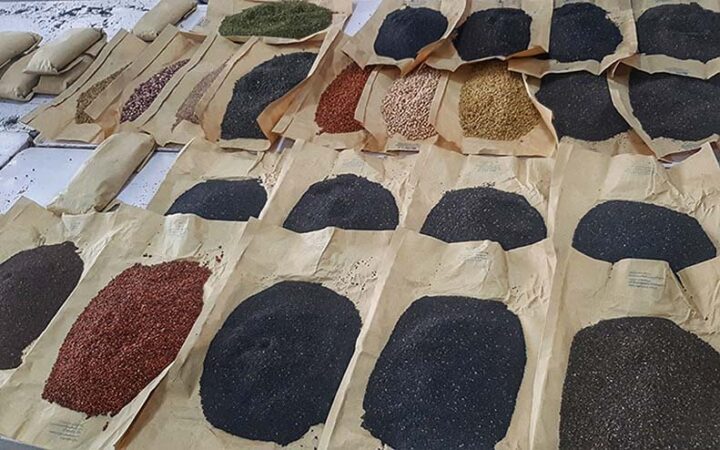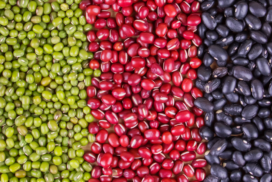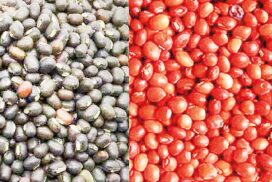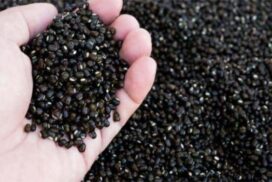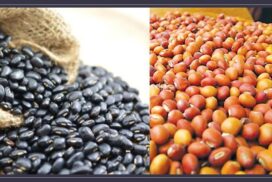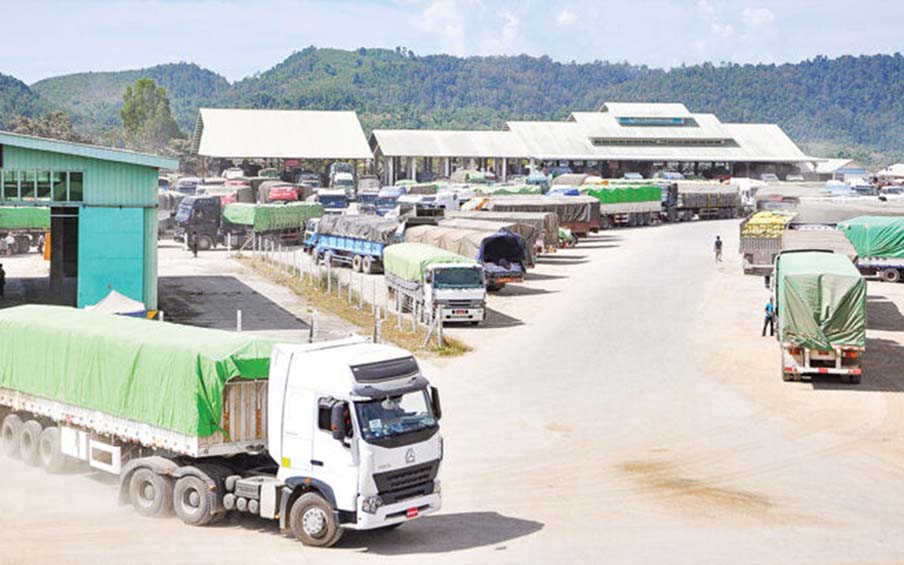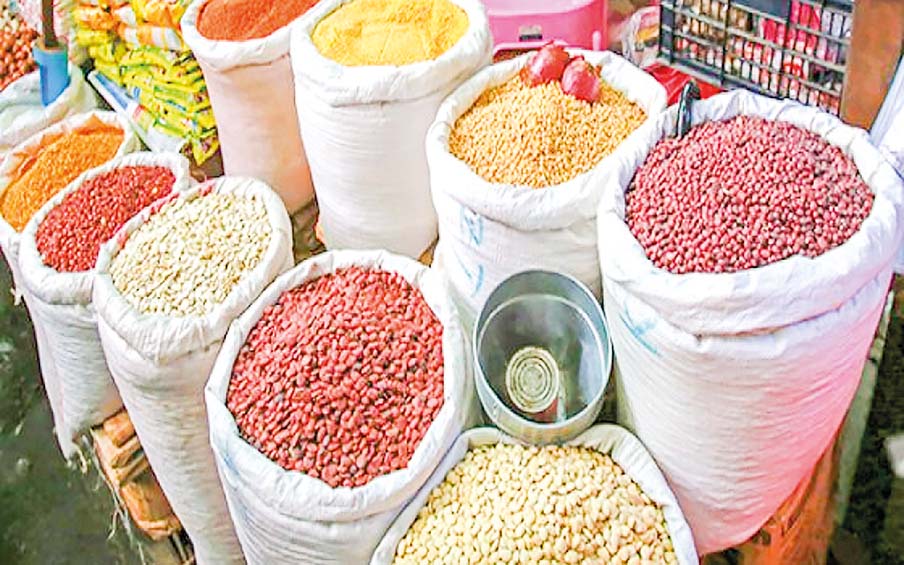The price of black gram weakened below K1.7 million per tonne in the beans and pulses market.
On 8 November, the black gram fetched up to K1.81 million per tonne. The prevailing market price declined to K1,690,000 per tonne on 30 November. The figures indicated a drastic decrease of K120,000 per tonne within four weeks.
The market is calming down due to the harvest season of the main buyer India. Furthermore, the fluctuation of black gram prices is related to the Kyat-dollar exchange rate. At present, a US dollar is exchanged for around K2,900.
In late August, the dollar against Kyat peaked at K4,500 in the black market. Following that, the black gram price reached a record high of K2.1 million per tonne.
Myanmar bagged over US$790 million from more than one million tonnes of pulses exports in the past eight months in the current financial year, the Ministry of Commerce’s statistics showed.
Myanmar conveyed over 1,005,709.901 tonnes of various beans and pulses worth $791.591 million to foreign trade partners between 1 April and 18 November 2022 in the current financial year 2022-2023. The country shipped 855,484.626 tonnes of pulses and beans valued at $689.303 million to foreign markets by sea, and over 150,225.275 tonnes valued at $102.288 million were sent to the neighbouring countries through land borders.
Myanmar exported over two million tonnes of various pulses worth $1.57 billion to foreign trade partners last financial year 2020-2021. The country shipped 1.24 million tonnes of pulses and beans valued at $966.4 million to foreign markets through the sea route, and 786,920 tonnes worth $604.3 million were sent to the neighbouring countries through land borders.
Myanmar primarily exports black gram, green gram and pigeon peas. Of them, black gram and pigeon peas are mainly sent to India while green grams are shipped to China and Europe.
India has growing demand and consumption requirements for black gram and pigeon peas. According to a Memorandum of Understanding between Myanmar and India signed on 18 June 2022, India will import 250,000 tonnes of black gram and 100,000 tonnes of pigeon peas (tur) from Myanmar for five consecutive years from the 2021-2022 financial year to the 2025-2026FY. This G-to-G pact will not affect the pulses’ annual quota set by India. Myanmar’s exporters are also entitled to deliver pulses to India under that annual quota.
Myanmar yearly produces approximately 400,000 tonnes of black gram and about 50,000 tonnes of pigeon peas. Myanmar is the top producer of the black gram that is primarily demanded by India, while pigeon peas, green grams and chickpeas are cultivated in Australia and African countries besides Myanmar. —NN/GNLM
Black gram price sinks below K1.7 mln per tonne
- December 02, 2022
- 547
